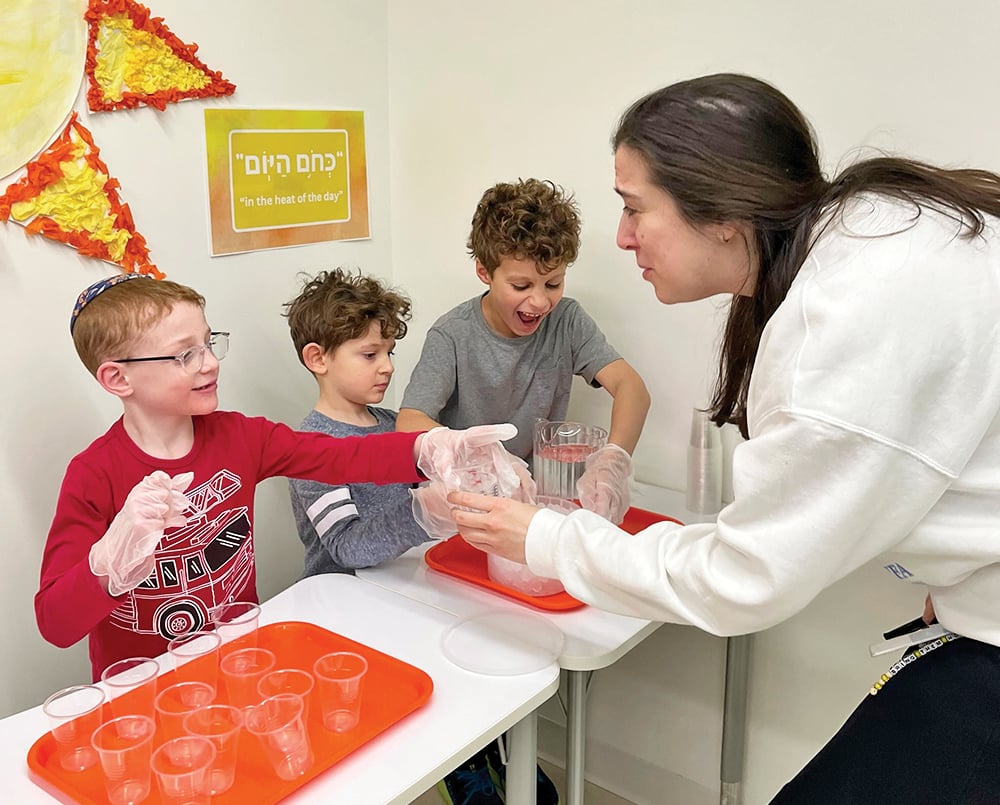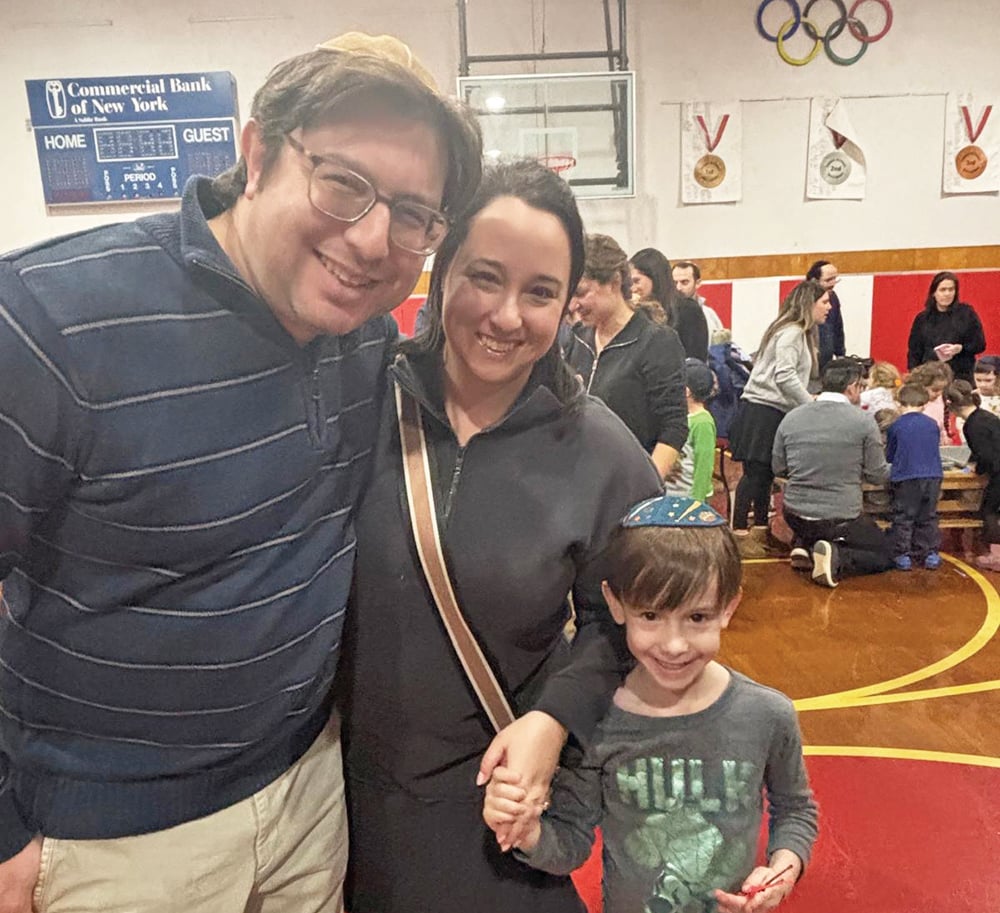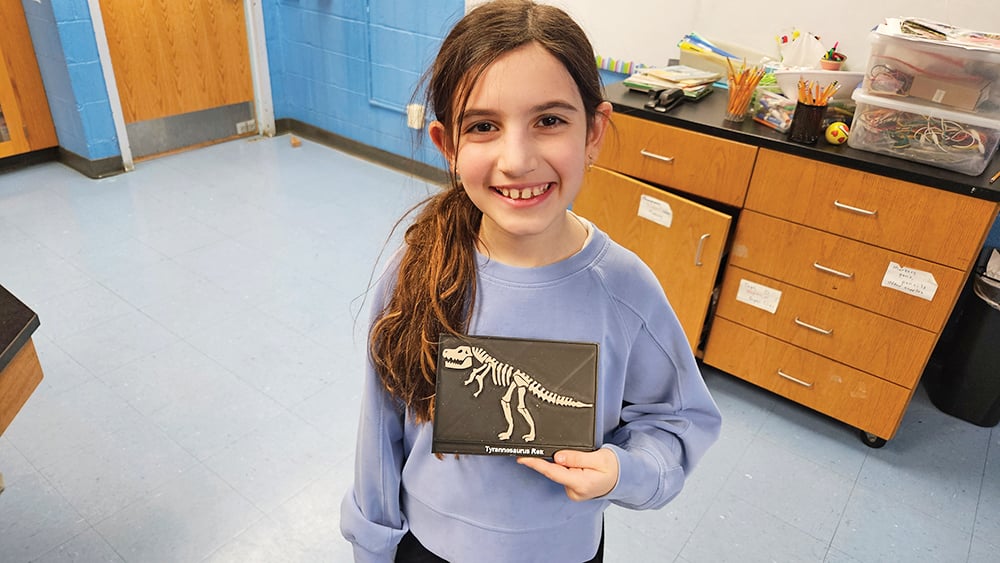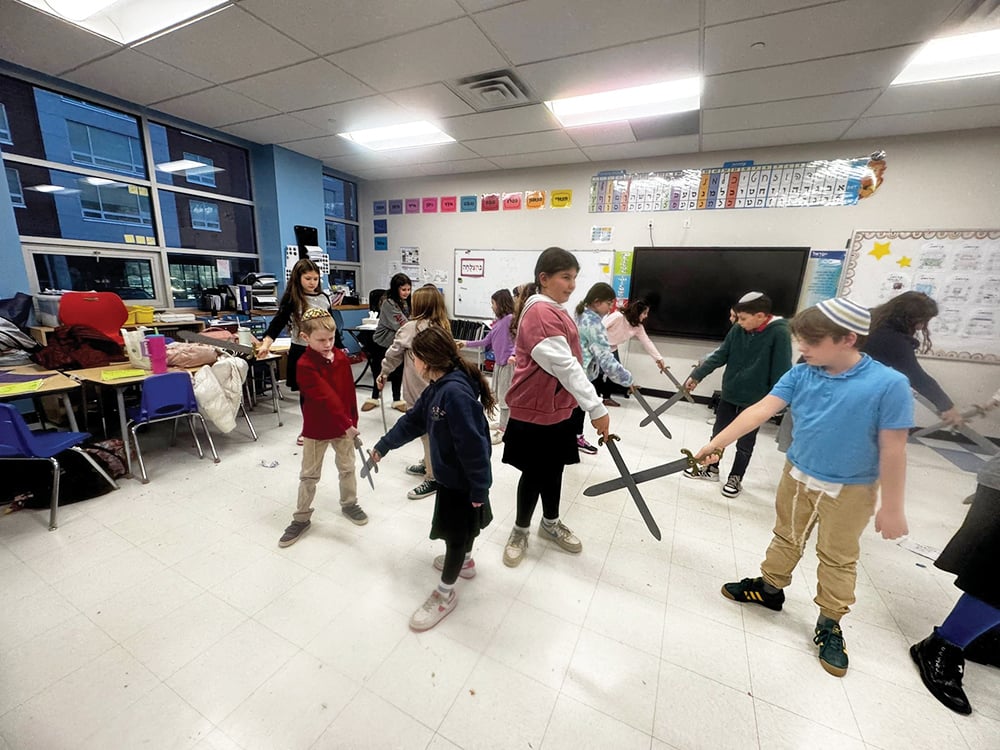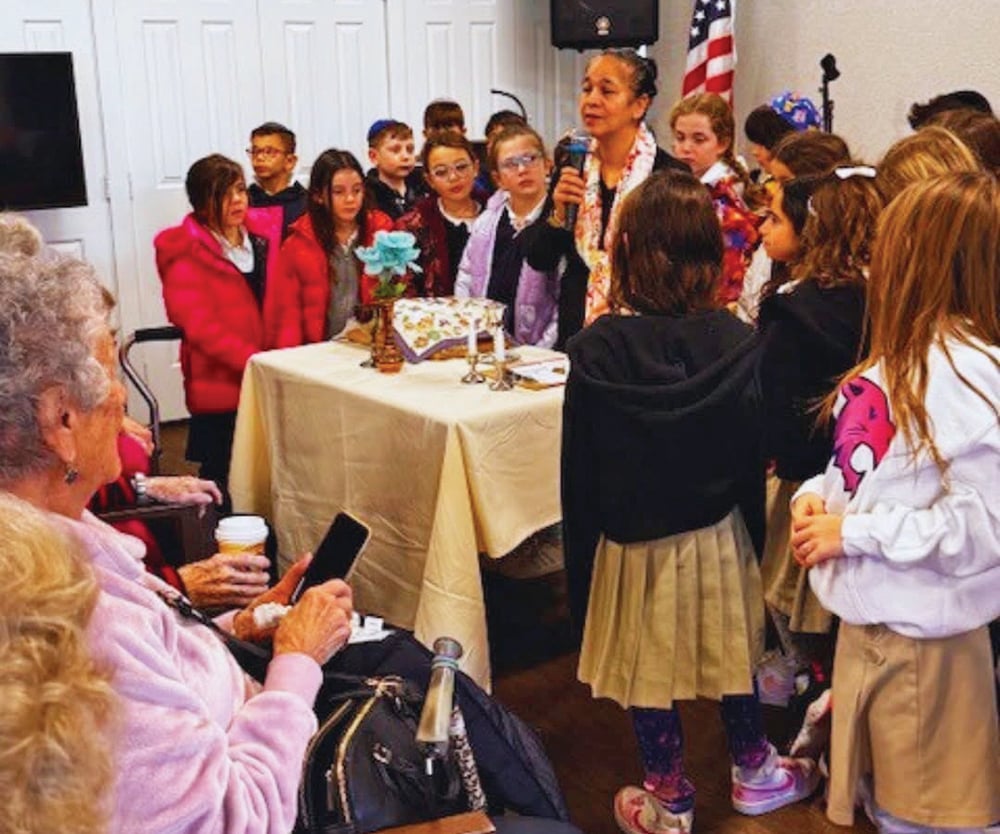Part II
In last week’s article, we laid out three strategies to help students begin their school years with optimal success. This article presents additional strategies.
4. How do you define success?—Oftentimes, success in school is narrowly defined. We place on the academic pedestal those students who are able to achieve in the context of text-based learning, with a strong combination of auditory processing, note taking, memorization and test taking skills. The rest, including those students who require additional academic support and/or a different set of curricular expectations, typically do not thrive in such settings, and are forced to endure years of perceived mediocrity or worse in their most important area of self-definition and social status that they have during their formative years. And we all know what happens to children who develop low self-esteem and a general sense of disconnect and disenfranchisement with their learning.
There is no greater impediment to student success and steadfastness than to taste failure early on. It is both unfair and unethical to hold every child to a common standard and to evaluate him or her to that end. Even if a teacher does not feel capable of differentiating learning goals and instructional content, there should be objectives in place that help students feel successful, at least on relative terms.
5. Same does not mean equal—To that end, children need to know that different (as in different objectives and treatment) is not unfair. If anything, we create an imbalanced playing field by asking all students, regardless of abilities, supports, etc., to perform the same way. Let students know that personal approaches are designed to meet individual needs and then help him identify and celebrate his successes.
6. Get excited and passionate—We cannot necessarily expect our children to be intrinsically excited about school. However, we can foster enough excitement and enthusiasm so as to bring them along for the ride.
About eight years ago, I was in attendance at the high school graduation of students I had taught as freshman and sophomores. At the post-graduation celebration, a young man approached me. He was in my freshman navi class, for one period each day. The next year, he transferred to a different school in the community. Three years later, he had come to attend his former classmates’ graduation. When I saw him he said to me the following: “I want you to know that this past year my English teacher assigned our class to write about someone who made a difference in my life. I chose to write about you.”
I was flattered, but intrigued. I knew this student for only one year. He was in my class for 40 minutes a day and had many other teachers. “Why?” I asked. “Why did you write about me?” The answer that he gave has transformed the way that I think about education and about life in general for that matter. “I wrote about you because you were always having fun when you taught.”
Mind you, the fun he was referencing was not joke-telling, sports-related banter or the playing of games. To be sure, there were moments of levity in the class, including all of the above. But that was not his intent. He sensed a genuine passion in the class, an excitement in my instruction as well as a desire to engage the students in the lessons and experiences of the subjects under discussion. To him, I wasn’t simply teaching. I was also having “fun.” And he was right.
Parents can instill energy and positivity by demonstrating genuine interest and passion about the children’s work. Let them know how important their learning is and try to get “into it” wherever possible. Children respond positively to the excitement that they see expressed by the adults that they respect.
7. Tell them the benefits—Take the time to help children see the value in what they are learning. If the material falls within general studies, let them know what they will be able to do with their learning, in terms of employment or as informed citizens. Mitzvos, as well as general hashkafa, also must be presented in the right context. Sure, our children need to know that we learn because that is the way through which to understand and practice d’var Hashem. But they should also be told what they stand to gain, such as reward for their actions, as well as a deep sense of personal fulfillment. This will help motivate them to learn and do more.
8. Paint a futuristic picture—The midrash (Rus Rabbah 5:6) tells us that had Reuven, Aharon and Boaz known that their actions would be recorded in the Torah, they would have done even more than they did. Yafeh Anaf suggests that the midrash is coming to tell us that these three great personalities failed to grasp the fact that their behaviors would be recorded in the Torah as exemplary behavior for later generations. Had they realized this, they would have elevated their already good behavior to an even higher level.
As educators, it is our responsibility to paint a picture of the future, to let our children see the great possibilities of success and happiness that await them in the short and long term. They need to understand that such things do not happen on their own, but are the product of hard work, resilience, commitment and other qualities.
9. Daven—We all want our students to be happy and successful. Daven regularly for their success.
Of course, the above list represents but a handful of suggestions that can help to ensure a successful year from beginning to end. May all of our tefillos be answered and may we shep much nachas from our students throughout the most amazing and successful year that is now upon us.
Naphtali Hoff, PsyD, is an executive coach who helps busy leaders be more productive so that they can scale profits with less stress and get home at a decent hour. Learn more about his business mastermind groups for business owners and execs who want to network, problem solve, and grow at www.ImpactfulCoaching.com/BLM.




